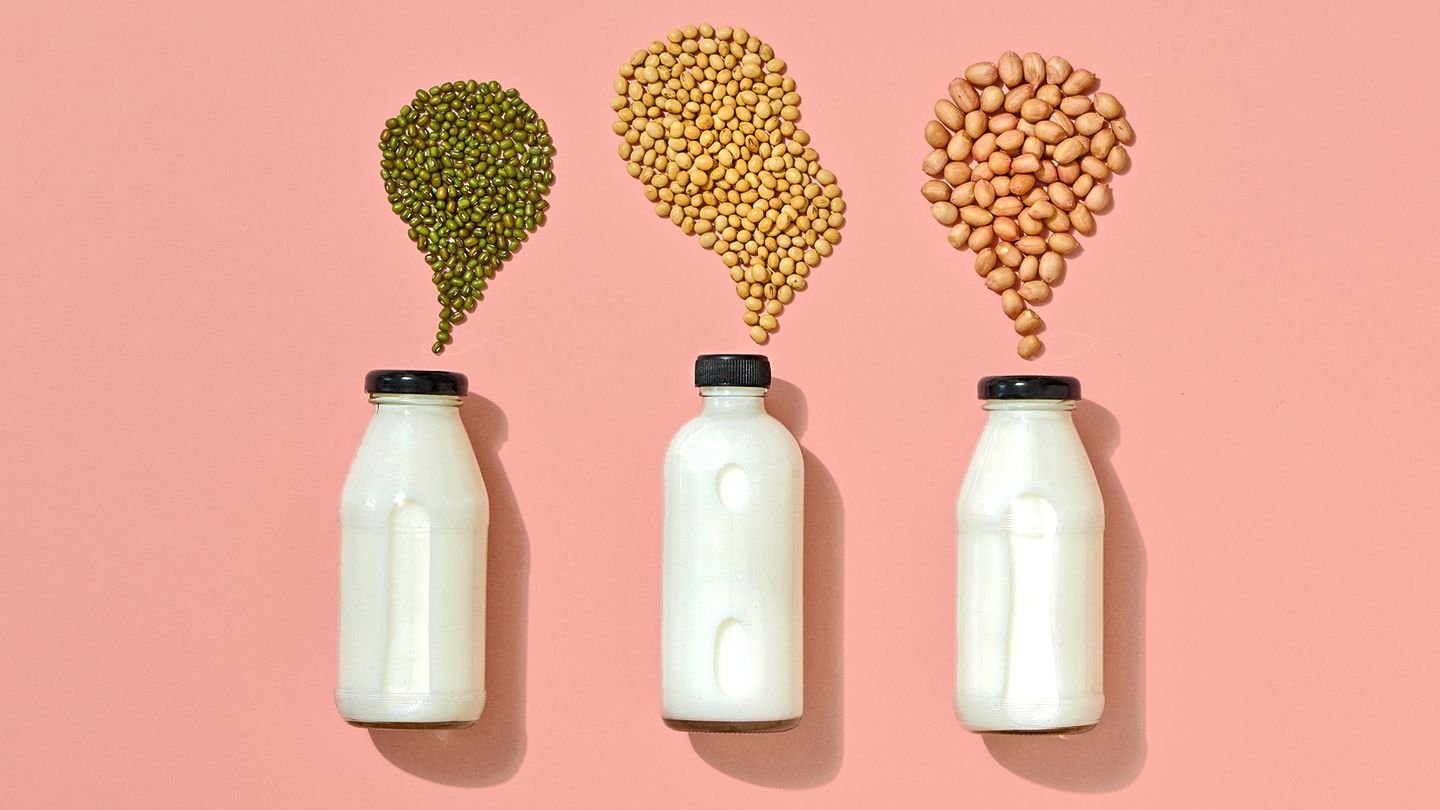Understanding Lactose in Buffalo Milk
Buffalo milk is the milk produced by the domestic water buffalo, which is genetically distinct from the dairy cow. While buffalo milk has a similar nutrient profile to cow's milk, there are some notable differences in terms of lactose content.
Lactose is a type of sugar found in milk, and its concentration can vary depending on the species of animal. On average, cow's milk contains around 4.7% lactose, while buffalo milk contains slightly lower levels, typically ranging from 4.5% to 4.8% lactose.
Lactose Levels in Buffalo Milk vs. Cow's Milk
Although the difference in lactose content between buffalo and cow's milk is relatively small, it can still be significant for individuals with severe lactose intolerance. For some people, even a small amount of lactose can trigger unpleasant symptoms, making buffalo milk a more suitable option.
It's important to note that the lactose content in milk can also vary depending on factors such as breed, diet, and stage of lactation. Therefore, the exact lactose levels in buffalo milk may differ slightly from one source to another.
Lactose Tolerance and Individual Variations
While buffalo milk generally contains slightly lower levels of lactose compared to cow's milk, it's crucial to understand that lactose tolerance can vary greatly from person to person. Some individuals with lactose intolerance may be able to tolerate small amounts of lactose without experiencing significant symptoms, while others may have a much lower tolerance.
Gradual Exposure and Adaptation
In some cases, gradually introducing small amounts of lactose into the diet can help individuals with lactose intolerance build up their tolerance over time. This is known as the "adaptation process," where the body gradually increases its production of lactase in response to regular lactose consumption.
For individuals who wish to try buffalo milk as a potential alternative, it's recommended to start with small portions and gradually increase consumption while monitoring for any adverse reactions. This approach allows the body to adapt and potentially improve lactose tolerance.
Buffalo Milk Alternatives and Lactose-Free Options
While buffalo milk may be a suitable option for some individuals with lactose intolerance, it's essential to remember that everyone's tolerance level is different. For those who are severely intolerant or prefer to avoid lactose altogether, there are several lactose-free alternatives available.
Lactose-Free Dairy Products
Many dairy companies now offer lactose-free versions of popular dairy products, such as milk, yogurt, and cheese. These products have undergone a process where the lactose has been broken down or removed, making them suitable for individuals with lactose intolerance.
Plant-Based Milk Alternatives
Plant-based milk alternatives, such as almond milk, soy milk, oat milk, and coconut milk, are naturally lactose-free and can be excellent substitutes for dairy milk. These options provide a wide range of flavors and textures, allowing individuals to find a suitable replacement that fits their dietary preferences.
Dairy Enzyme Supplements
Another option for individuals with lactose intolerance is to take dairy enzyme supplements, which provide the body with the lactase enzyme necessary to break down lactose. These supplements can be taken before consuming dairy products, helping to reduce or prevent the unpleasant symptoms associated with lactose intolerance.
Final Thoughts
While buffalo milk does contain slightly lower levels of lactose compared to cow's milk, it's essential to understand that lactose tolerance varies significantly among individuals. For some, buffalo milk may be a suitable alternative, while others may need to opt for lactose-free dairy products or plant-based milk alternatives.
It's important to consult with a healthcare professional or a registered dietitian to determine the best approach for managing lactose intolerance based on individual tolerance levels and dietary preferences. By exploring different options and gradually introducing lactose into the diet, individuals can find a solution that meets their nutritional needs while minimizing unpleasant symptoms.
Remember, a well-balanced diet that includes a variety of nutrient-dense foods is crucial for maintaining overall health and well-being, regardless of lactose tolerance.
FAQs
Is buffalo milk completely lactose-free?
No, buffalo milk is not completely lactose-free. It contains slightly lower levels of lactose compared to cow's milk, typically ranging from 4.5% to 4.8%, while cow's milk contains around 4.7% lactose on average. However, the lactose content can vary depending on factors such as breed, diet, and stage of lactation.
Can individuals with severe lactose intolerance consume buffalo milk?
It depends on the individual's tolerance level. Some people with severe lactose intolerance may still experience symptoms when consuming buffalo milk due to its lactose content, even though it is slightly lower than cow's milk. It's important to start with small portions and monitor for any adverse reactions before increasing consumption.
Are there any lactose-free alternatives to buffalo milk?
Yes, there are several lactose-free alternatives available, including lactose-free dairy products, plant-based milk alternatives (such as almond milk, soy milk, oat milk, and coconut milk), and dairy enzyme supplements that can help break down lactose.
Can lactose tolerance improve over time?
In some cases, yes. Gradually introducing small amounts of lactose into the diet can help individuals with lactose intolerance build up their tolerance over time through a process called "adaptation," where the body increases its production of lactase in response to regular lactose consumption.
Is it safe to consume buffalo milk during pregnancy if I have lactose intolerance?
It's always best to consult with a healthcare professional or a registered dietitian during pregnancy to determine the most suitable dietary choices based on your individual lactose tolerance level. While buffalo milk may be better tolerated than cow's milk for some individuals, it's crucial to monitor for any adverse reactions and consider lactose-free alternatives if necessary.
Disclaimer: This article is for informational purposes only and does not constitute medical advice. Always consult with a healthcare professional before starting any new treatment regimen.
Related Coverage
If you have lactose intolerance, eliminating dairy can lead to nutritional gaps. Learn about the best milk substitutes, supplements to fill shortfalls, and how to eat dairy-free....
Explore the lactose content in buffalo milk and its suitability for individuals with lactose intolerance. Discover alternatives and tips for managing lactose intolerance....
The latest statistics on the UK construction industry show growth overall but ongoing challenges with skills shortages and rising costs. The sector grew by 2.8%....
For those avoiding dairy, delicious plant-based alternatives abound. Learn about nutritious and tasty soy, nut and coconut milks, cheeses, yogurts, ice creams....
Discover the best non-dairy cereal milk options for lactose intolerance including soy, almond, coconut, oat, cashew, hemp and rice milk plus recipes and diet tips....
Learn about the lactose content in different types of goat cheese and goat milk. Get tips for including goat cheese in a low-lactose or lactose-free diet....
Goat cheese contains less lactose than regular cow's milk cheese, but isn't fully lactose-free. However, well-aged hard goat cheese contains almost no lactose....
This complete guide covers the best milk, cheese, cream, yogurt, butter and ice cream substitutes to manage lactose intolerance through a dairy-free diet....
Sherbet contains some dairy, but can often be dairy-free. Explore the ingredients in sherbet, nutrition facts, health benefits, tips for eating, and recipes....
Lactaid and other lactose-free ice creams allow those with lactose intolerance to enjoy a creamy treat. Learn how Lactaid ice cream differs nutritionally and get tips for incorporating into an intolerance diet....









